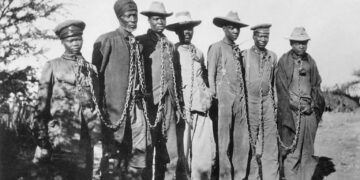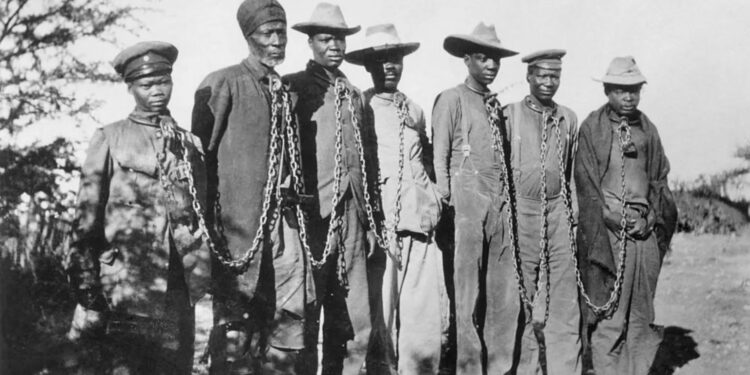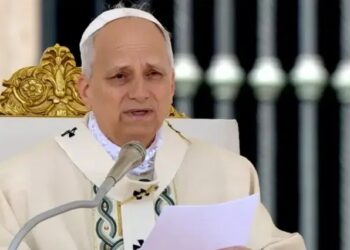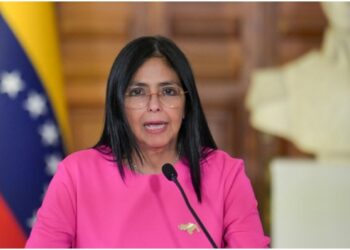Namibia inaugurated its first national Genocide Remembrance Day on Wednesday, formally commemorating the systematic killing of more than 70,000 Ovaherero and Nama people by German colonisers between 1904 and 1908, a campaign historians recognise as the 20th century’s first genocide.
The sombre anniversary, marked by a candlelight vigil outside parliament in Windhoek, falls on May 28—the date in 1907 when Germany shuttered its concentration camps in then-South West Africa after international outcry.
Decades before the Holocaust, these camps became laboratories for atrocities: prisoners endured forced labour, pseudoscientific racial experiments, and mass executions.
Germany formally acknowledged the genocide in 2020 after decades of denial, offering €1.1 billion in development aid over 30 years, carefully avoiding the terms “reparations” or “compensation.” Namibia rejected the deal, demanding direct restitution for descendants of victims.
“The offer was a joke,” said Uahimisa Kaapehi, an Ovaherero leader in Swakopmund, where many atrocities occurred. “Our land and cattle were stolen. Money alone means nothing.” Activists note bitter ironies: before the genocide, Germany confiscated 12,000 cattle from rebels—a confiscation historian Thomas Craemer values at up to $8.8 million today, which survivors argue should compound reparations.
The 2021 negotiations excluded many Ovaherero and Nama representatives, fueling accusations of a “neo-colonial” pact. While a revised draft now includes a German apology and an added €50 million, critics call it inadequate. “They knew our people would die; they even pre-printed death certificates listing ‘exhaustion’ as the cause,” said Namibian historian Martha Akawa-Shikufa, detailing camp horrors.
Tensions flared anew in 2024 when Germany defended Israel against genocide allegations at the UN, prompting Namibia’s late President Hage Geingob to rebuke Berlin for “failing to fully atone” for its own colonial crimes.



































